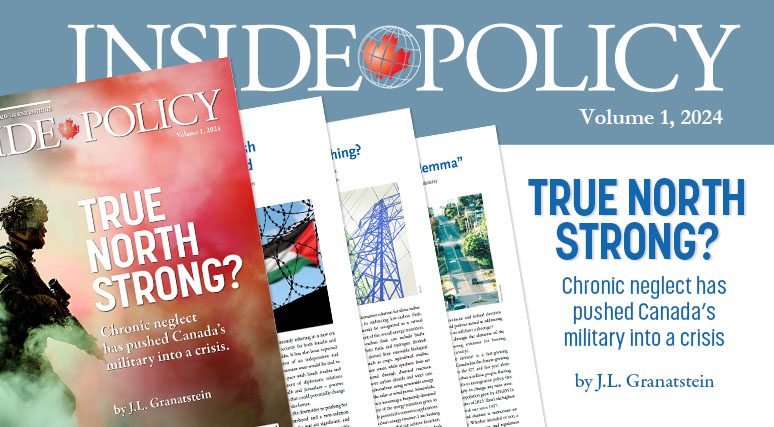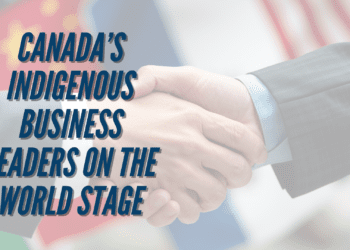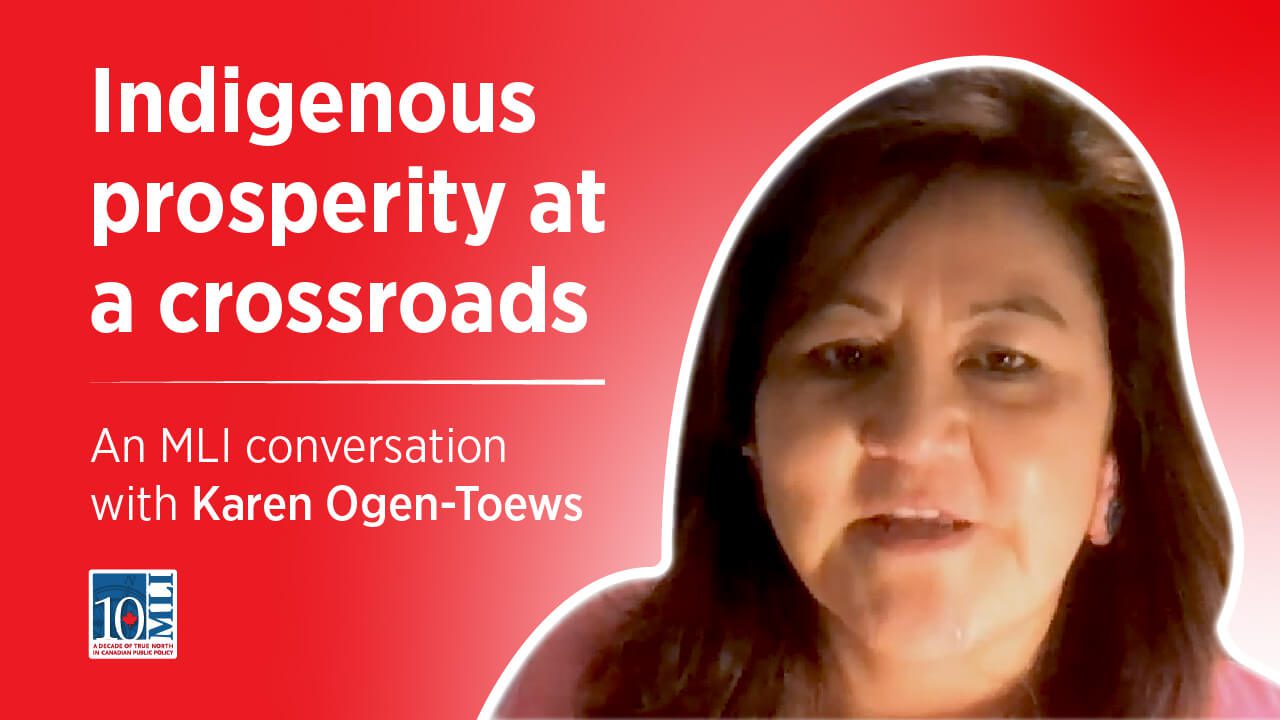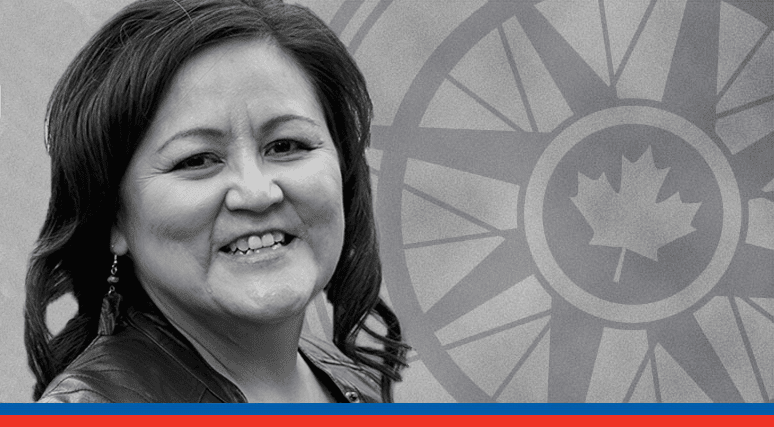Inside Policy
March 28, 2023
From the editors
“Rely not on the likelihood of the enemy’s not coming, but on our own readiness to receive him.”
Sun Tzu’s advice rings as true today as it did when the Chinese military strategist wrote The Art of War around the fifth century BC. In a perfect world, a desire for peace is enough. But an imperfect world demands preparation for the worst. Unfortunately, when it comes to Canada’s military, we’re simply not ready for anything, says the author of this issue’s cover story.
In “True North Strong?” historian J.L. Granatstein argues that chronic underfunding, recruiting woes, and an unnecessarily woke “culture change” have left Canada’s military unprepared to meet the threats of an increasingly dangerous world.
Elsewhere in this issue, Karen Ogen-Toews says that a proposed ban on oil and gas promotion must be examined through the lens of paternalistic treatment of Indigenous peoples, and Chris Sankey explains why alignment with Indigenous communities is crucial for completing new energy projects.
Meanwhile, controversy continues to surround efforts to expand medically assisted death in Canada. Ramona Coelho argues that it is highly irresponsible for government to consider further MAiD expansion while refusing to tackle the persistent barriers to care faced by vulnerable populations.
Several of our contributors explore issues surrounding natural resources and the energy transition. David Polansky urges Canada not to reject its legacy of abundant natural resources. Tayler Amatto explains why “electrifying everything” simply won’t work for many industries. And Joseph Bouchard explains how Canada’s mining sector desperately needs domestic and allied capital, adding that our economic future hangs in the balance. Certainly, the transition to sustainable energy needs to happen – but not at the expense of undermining Canada’s economy.
Closer to “home,” many Canadians continue to struggle amid the ongoing housing crisis. It sometimes seems like policymakers want to have it all – unbridled population growth, housing supply constraints, and housing affordability. But contributors Josef Filipowicz and Steve Lafleur argue that this this “trilemma” is impossible to sustain. In the end, something must give.
Turning to Foreign Affairs, Casey Babb argues that now is not the time to push for Palestinian statehood, while J. Michael Cole explains how failing to support Taiwan against Chinese aggression could spark a rise in authoritarianism around the globe. And finally, Balkan Devlen and Jonathan Berkshire Miller challenge conventional approaches to international cooperation. Can Canada lead the way in re-envisioning our global role?







